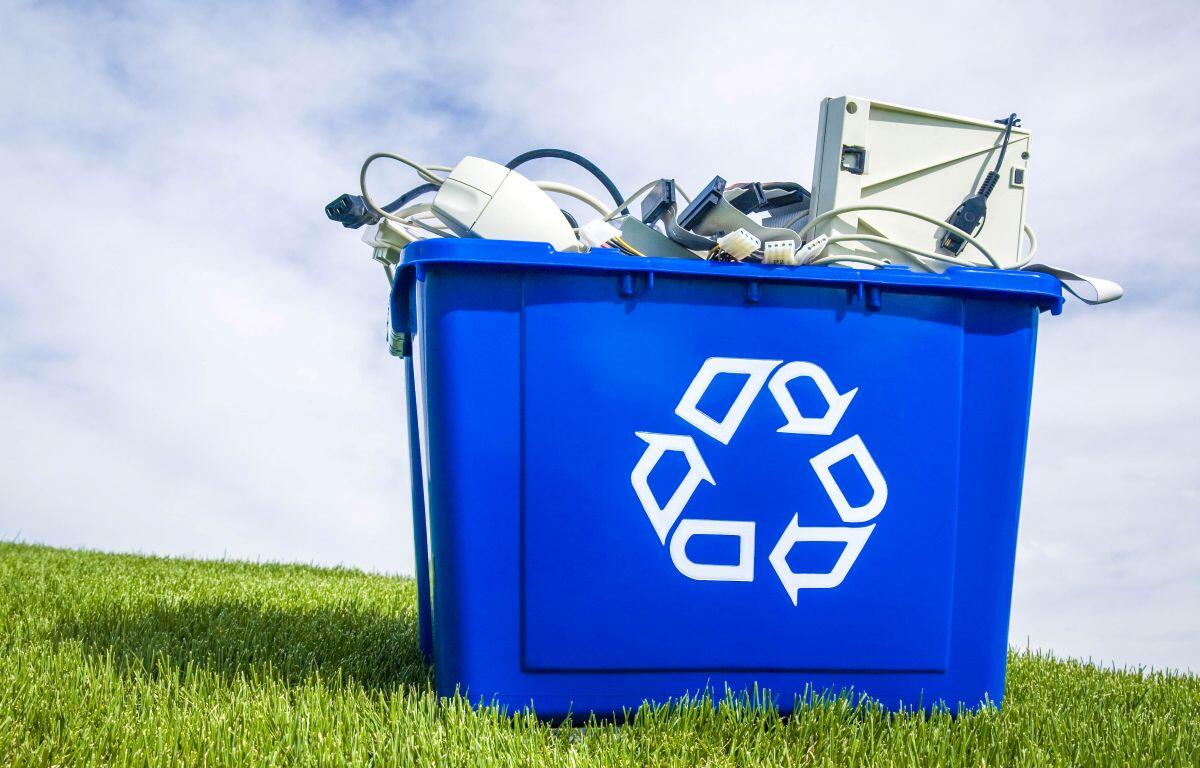SWANZEY, N.H. (MyKeeneNow) In an effort to curb a rising number of fires sparked by discarded rechargeable batteries, New Hampshire will begin enforcing a new ban on the disposal of lithium-ion batteries in landfills and incinerators starting July 1.
The batteries, widely used in everything from smartphones and laptops to e-bikes, lawn tools, and children’s toys, are now considered a serious fire and safety hazard if thrown in the trash or curbside recycling bins. The change comes in response to growing evidence that these batteries are igniting fires during collection and processing of waste across the country—including right here in Cheshire County.
According to a notice posted by the Town of Swanzey, batteries found in household and office electronics, handheld devices, and electric vehicles will be subject to the ban. The town also reminds residents that even everyday items like toothbrushes, headphones, scooters, cameras, and power tools may contain lithium-ion batteries and must be properly recycled.
Swanzey officials say batteries can be dropped off at the town’s recycling center, and they urge residents to alert staff if a battery appears damaged or swollen, as those pose an even greater risk. “They can ignite or explode when crushed,” the town warns.
The state-level legislation, House Bill 1386, was introduced by State Rep. Karen Ebel and backed by Governor Chris Sununu. The measure builds on mounting concerns from waste haulers, environmental regulators, and local governments, who have seen first-hand the dangers of improper disposal. A fire at the Keene Transfer Station last year is believed to have been caused by a lithium-ion battery, according to city officials.
The National Waste and Recycling Association estimates that lithium-ion batteries are responsible for more than 5,000 fires annually at waste facilities across the U.S., often causing extensive damage and endangering both workers and the public.
Under the new law, both households and businesses in New Hampshire will be required to recycle lithium-ion batteries through dedicated collection programs, such as those available at Staples, Best Buy, BatteriesPlus, and local transfer stations. These batteries should never be placed in regular trash or recycling bins.
For assistance in identifying lithium-ion batteries or finding the nearest recycling location, residents can contact their town’s transfer station or visit Call2Recycle.org. Additional information is available from the New Hampshire Department of Environmental Services at hhw@des.nh.gov or (603) 271-2047. Businesses may call the state’s Hazardous Waste Helpline at 1-866-HAZ-WAST.




